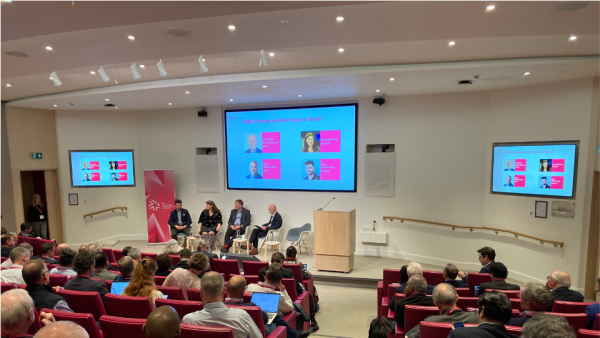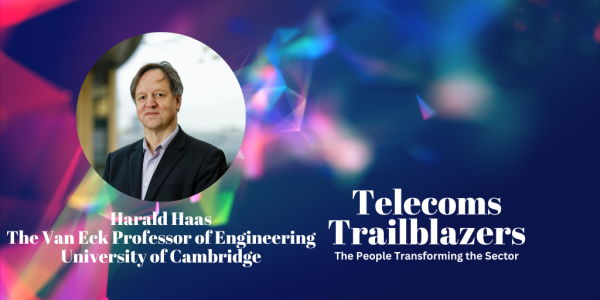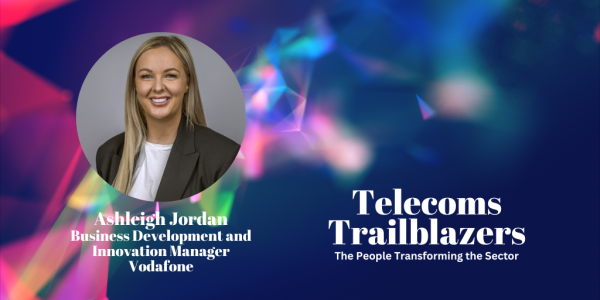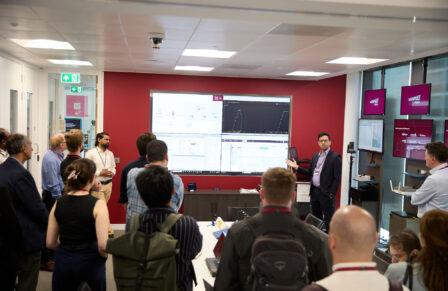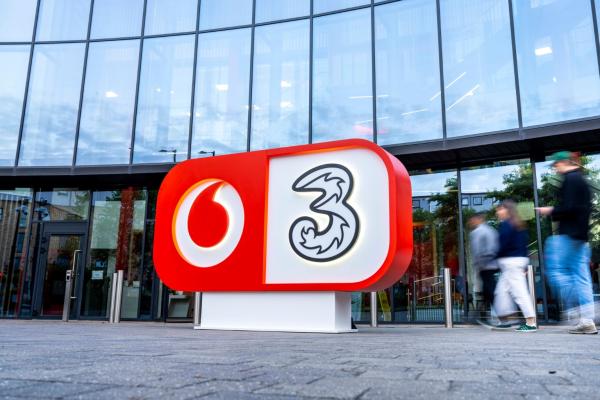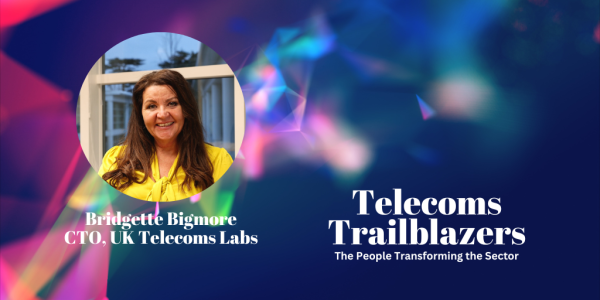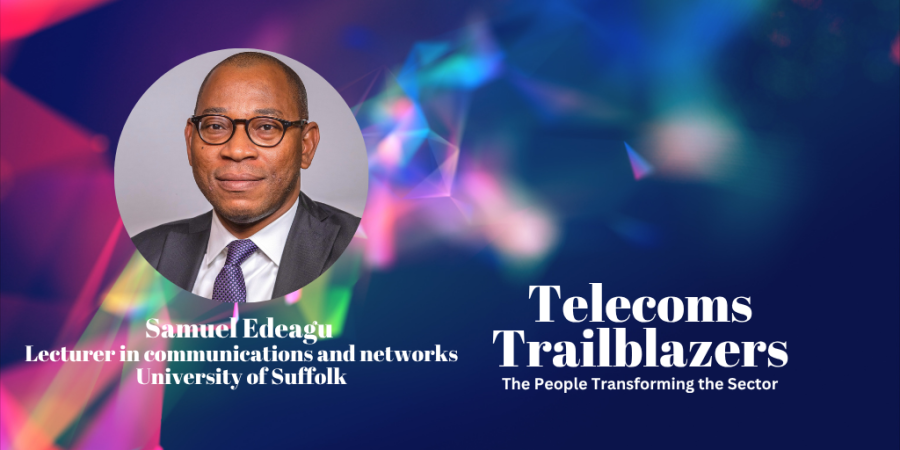
Hello, I’m Samuel Edeagu, a lecturer in communications and networks at the University of Suffolk. Previously, I worked for the UK civil service and for several global telecom companies.
Workforce skills development is a key interest of mine. In 2024, the University of Suffolk established partnerships with two global technology companies: Qualcomm and IBM-owned Red Hat. This led to Qualcomm’s first UK academy. These academies provide students and staff at the university with hands-on training in highly sought-after industry skills such as 5G, AI and open-source software technologies.
Until recently, I was a member of the UKTIN Talent Advisory Group. I am currently contributing to Innovate UK’s workforce foresighting cycles in telecoms. I am also a member of the UK Research and Innovation Talent Peer Review College, which engages independent experts to assess applications against defined criteria and ensure funding reaches high-quality research and innovation projects.
The role of universities in lifelong learning and developing the future workforce's ability is crucial. That’s why I teach my third-year network engineering students a mix of skills in telco cloud and RF engineering: I am preparing them for the future. But there is much more to be done, and we must all step up. Only by collaborating with industry and government can universities ensure that students and professionals obtain the skills and knowledge they need to succeed in their careers.
What do you enjoy most about working in this space?
The opportunity to educate and guide the next generation of engineering and computing talent by working closely with students through mentoring. I am passionate about supporting students in their academic and professional careers.
What’s the most ridiculous thing you’ve done in the name of work?
As part of a two-week telecoms training course, I went out with colleagues to a pub somewhere in South West England. It happened to be karaoke night, and I ended up singing a song in front of everyone!
Where do you see telecoms heading?
The future of telecoms is the convergence of connectivity and computing technologies. Computing technologies such as cloud, AI and cybersecurity will increasingly become integrated into mobile networks (including 5G, 5G Advanced and 6G) and fixed networks to support new services and applications.
What would you like people to know about your work?
The University of Suffolk is contributing to bridging the skills gap in the telecoms sector by educating our students with high-impact, in-demand skills to meet current and future needs.
Why is a vibrant, flourishing telecoms ecosystem important for the UK?
A thriving telecoms ecosystem enables new applications and improved services in a range of sectors, such as healthcare, education, and transportation. It is also important to note that the UK Government has designated Advanced Connectivity Technologies (formerly Future Telecoms) as one of its five critical technologies for driving innovation and economic growth.

